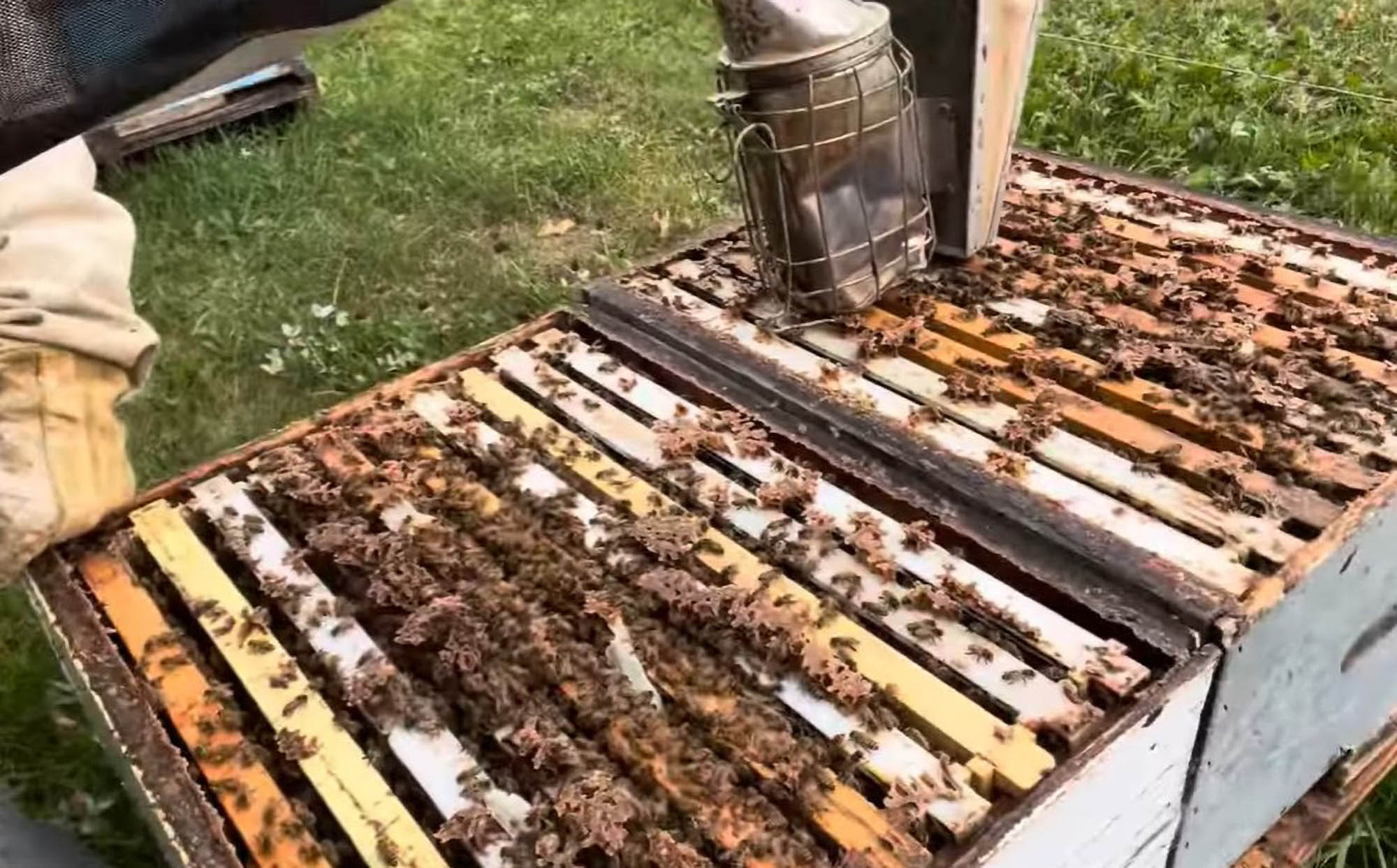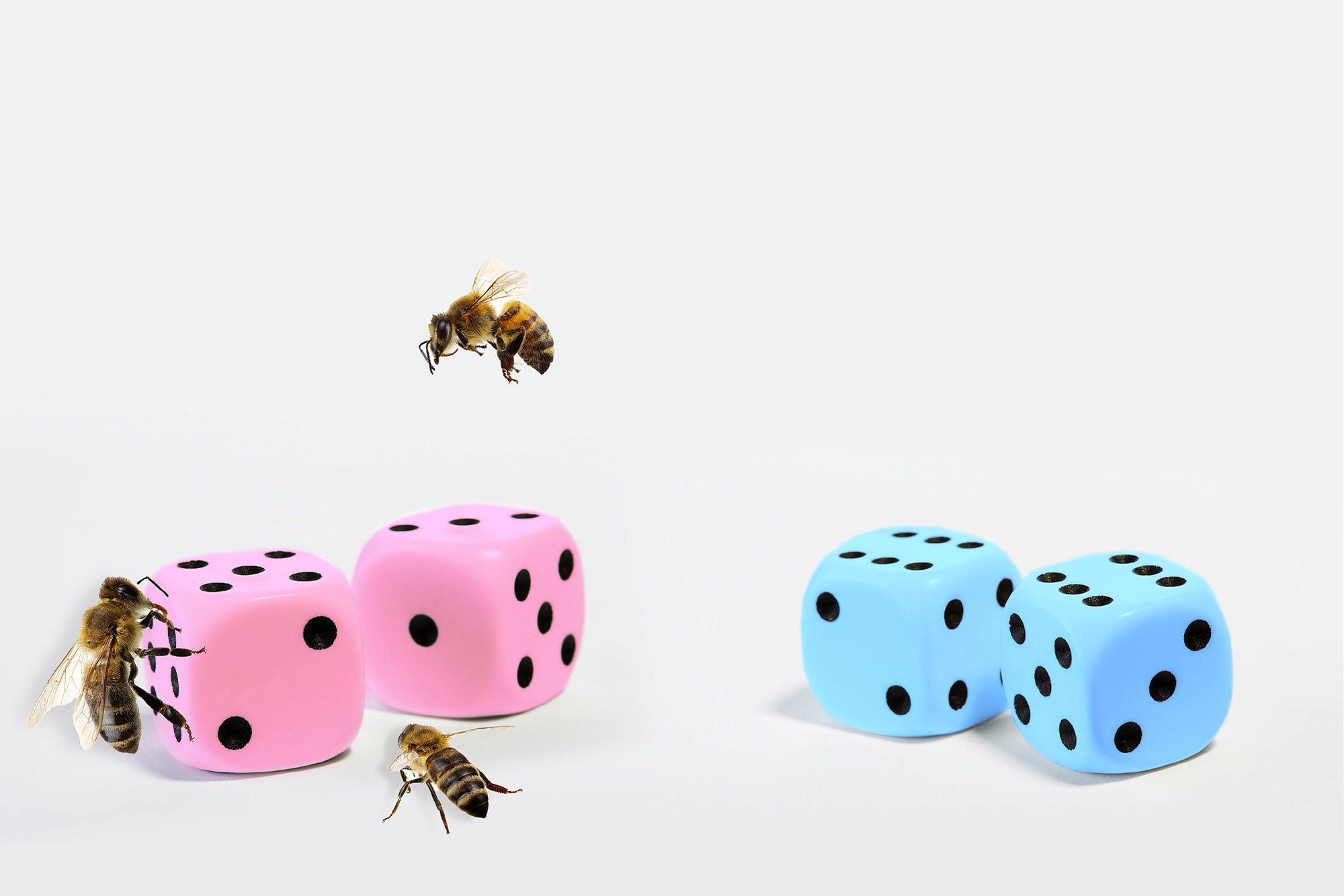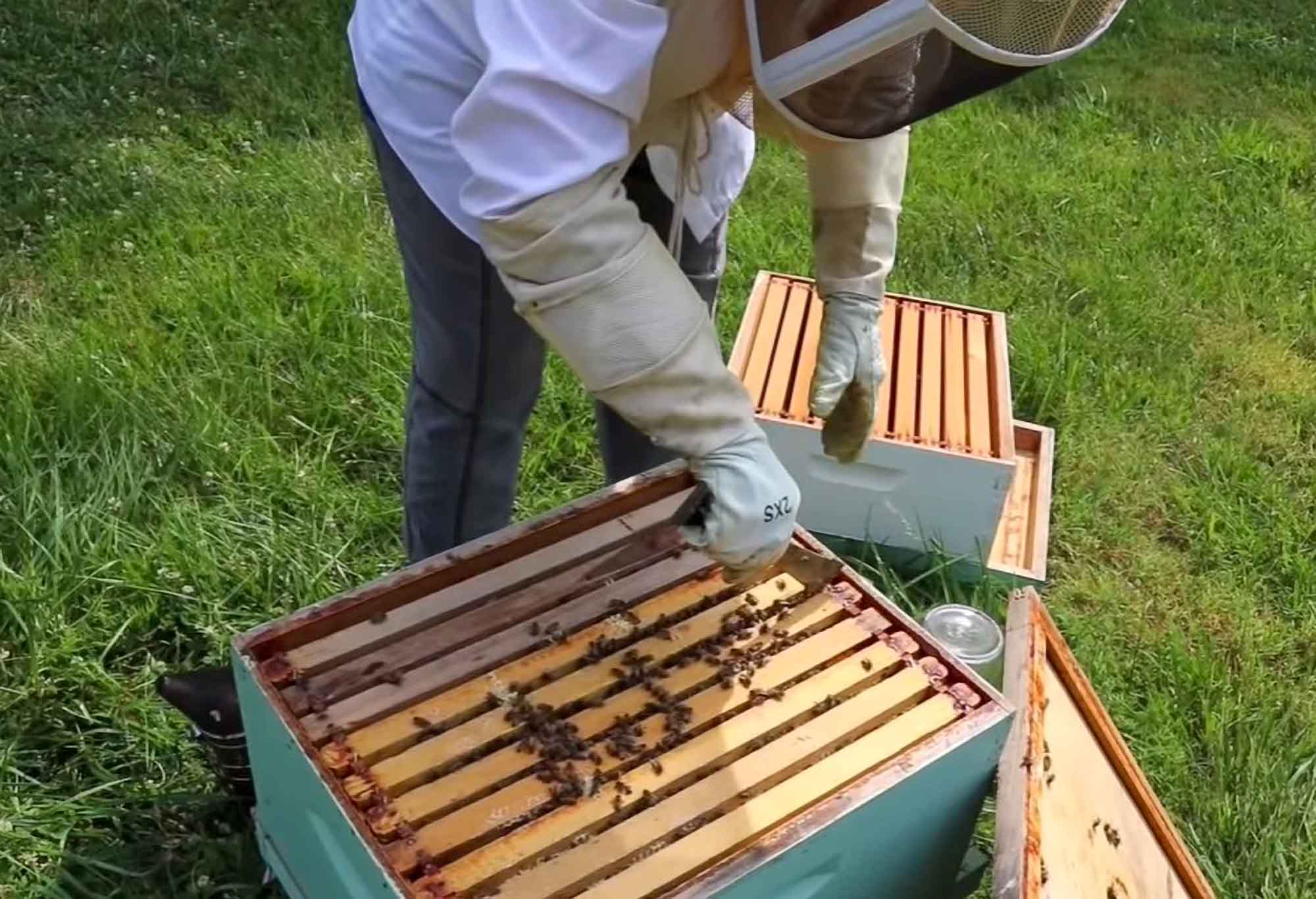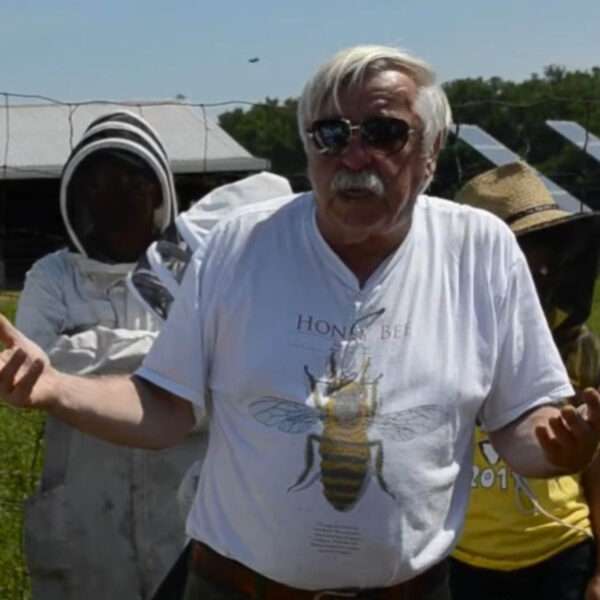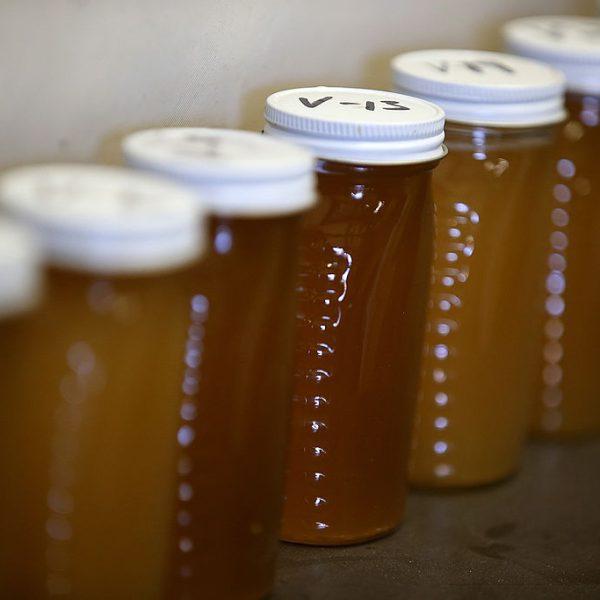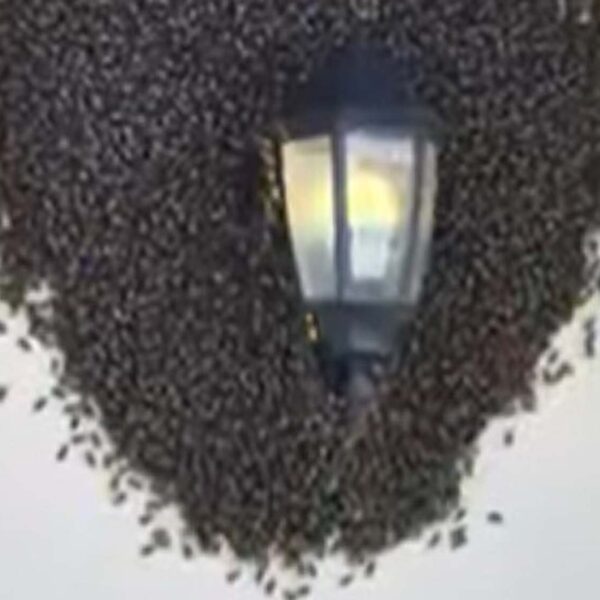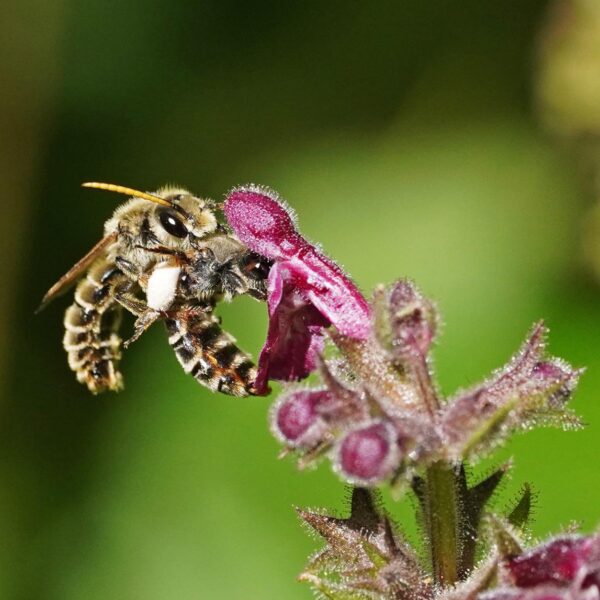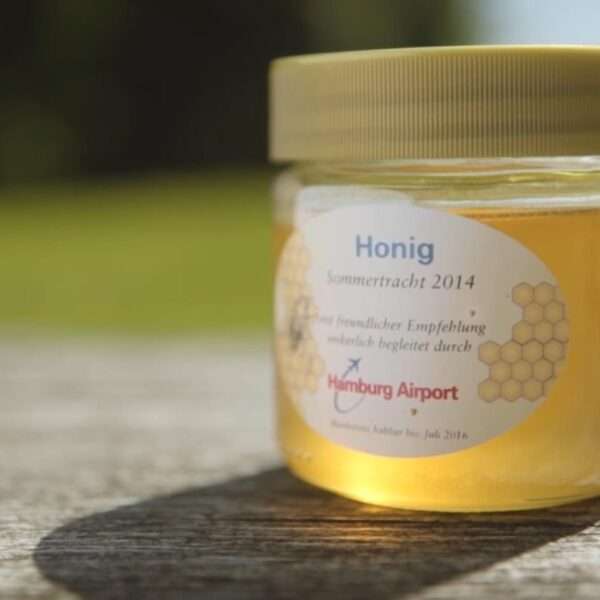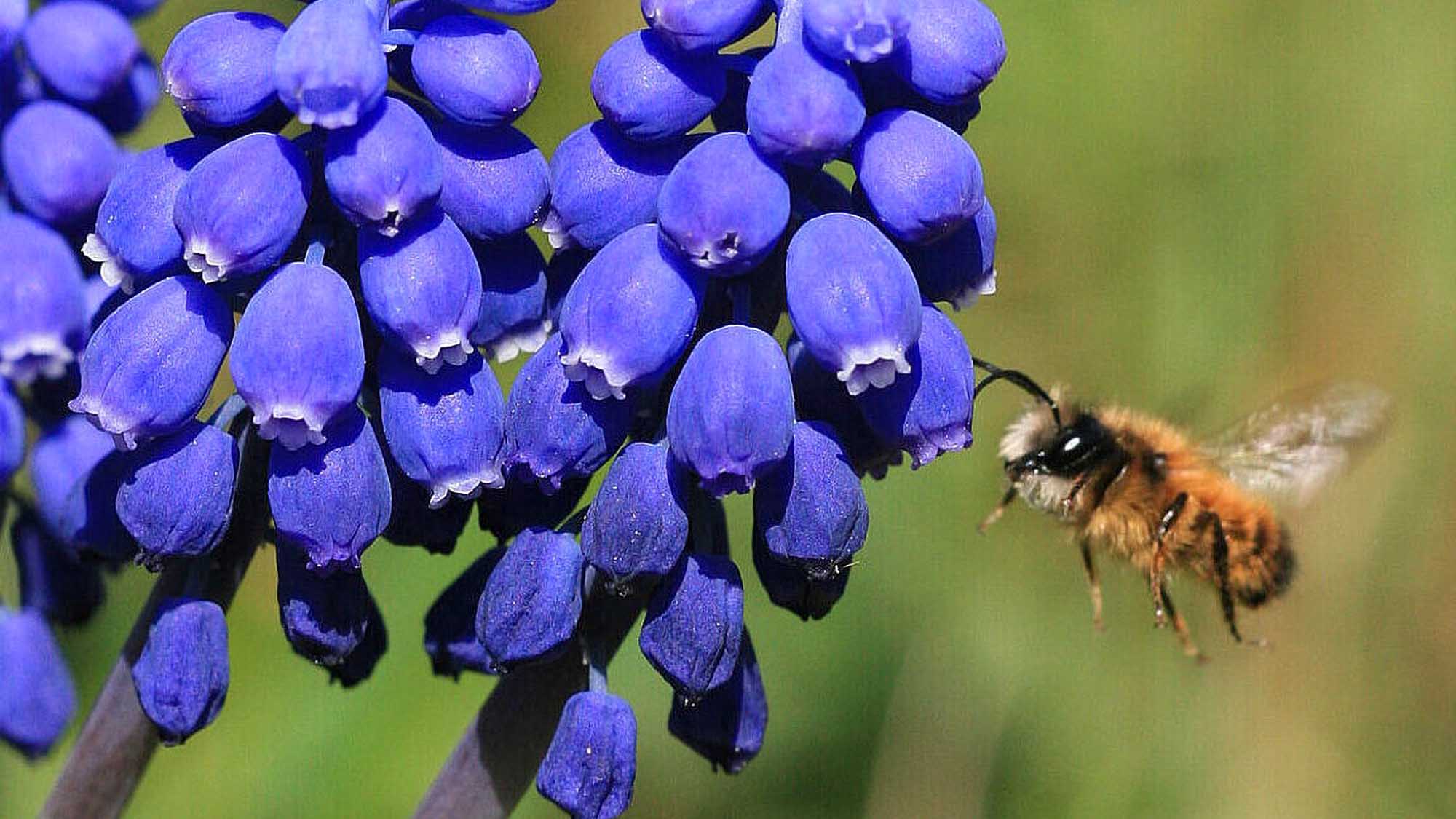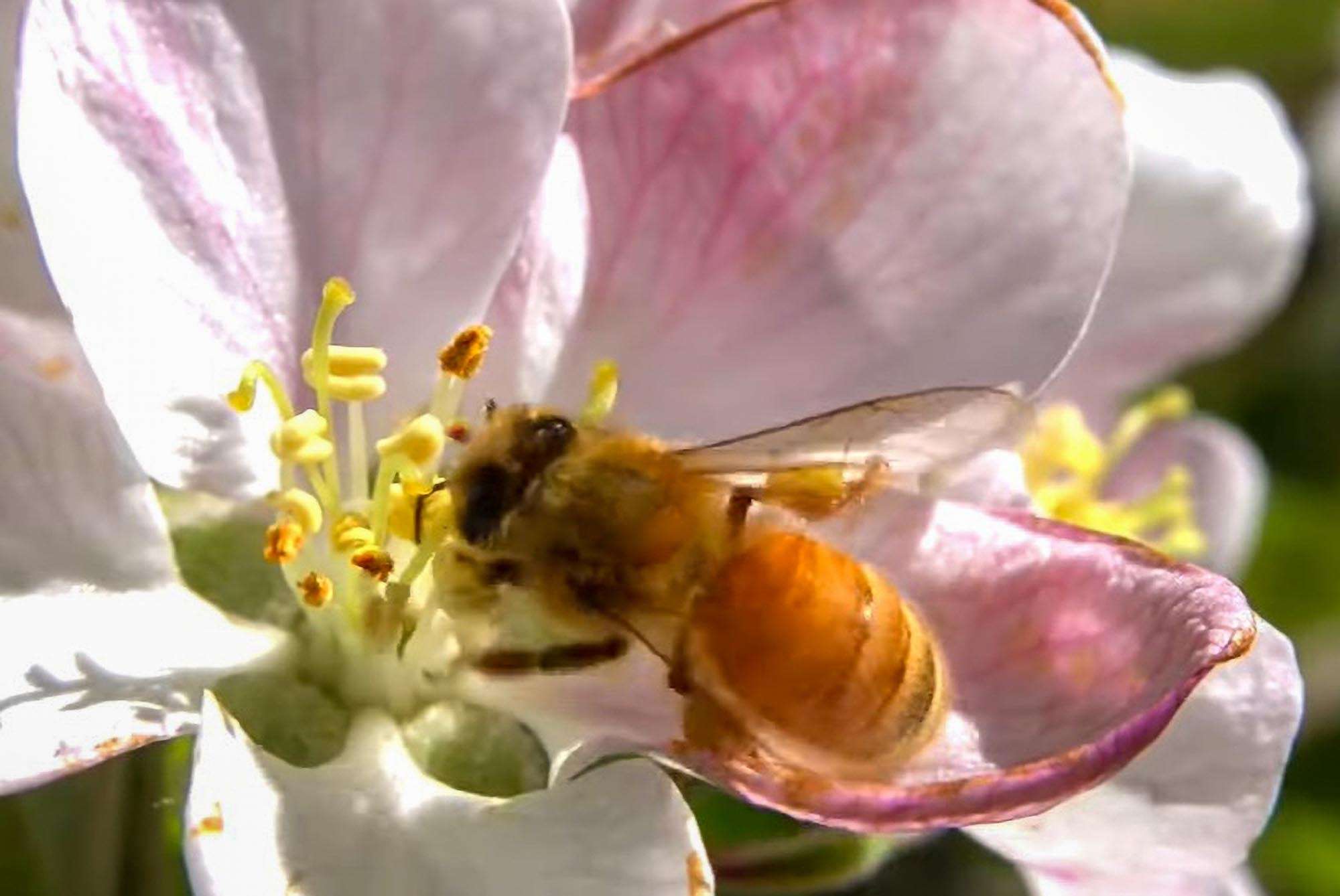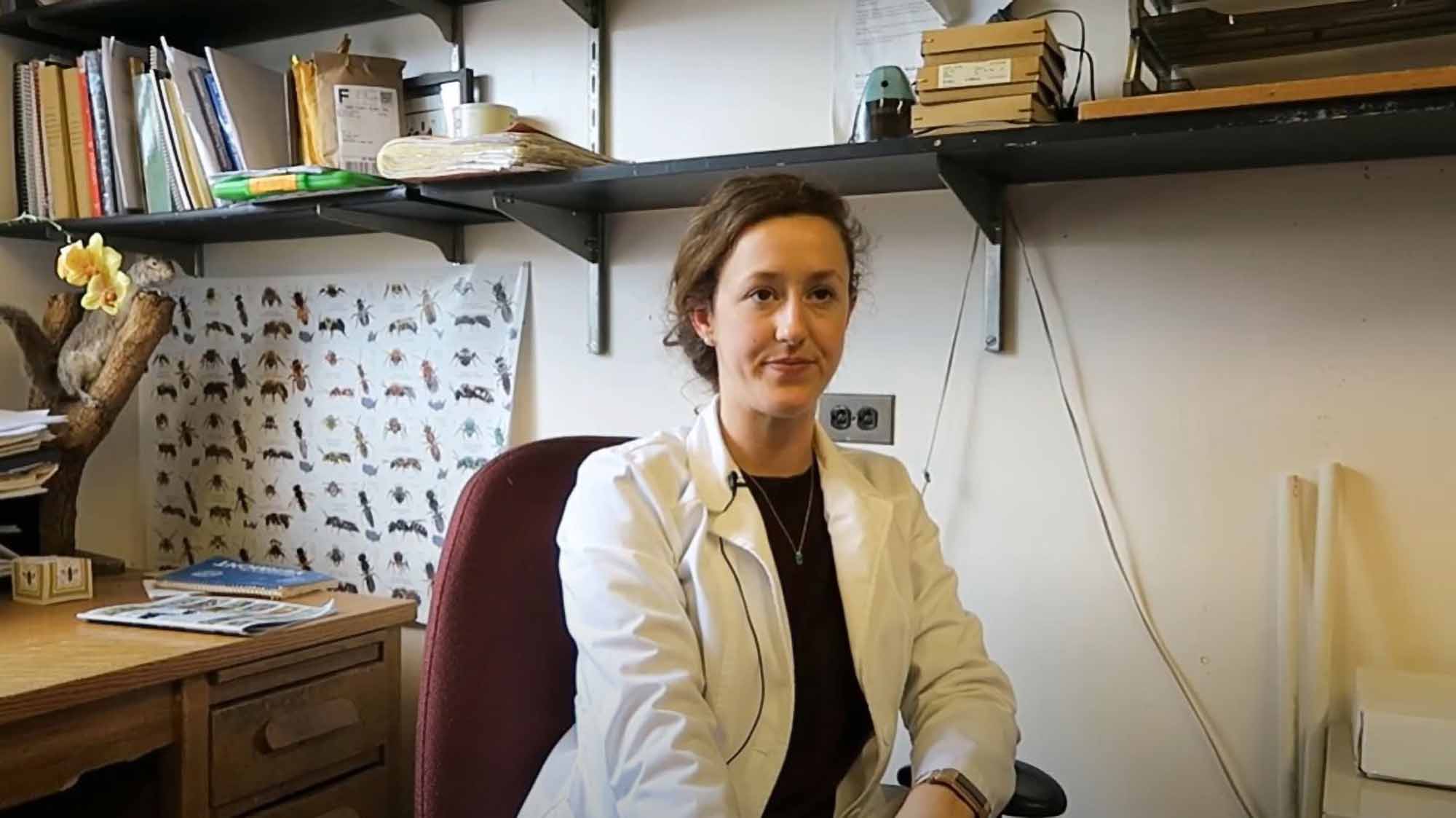All honeybee colonies in Switzerland are sick and will perish within the next two years if beekeepers do not take action, a renowned researcher has warned.
Prof Dr Peter Neumann from Bern University claimed there has not been any progress in the battle against the dangerous Varroa destructor parasite in the past three decades.
The head of the Centre for Bee Health told the Tagblatt newspaper: “We need to finally carry out a sustainable battle against the Varroa mite. We are today where we were 30 years ago, that’s crazy!”
The Varroa destructor is a parasitic mite that has been posing the biggest threat to honeybee colonies during winter for decades. It weakens the bees by attaching itself to their bodies.
Varroa mites spread numerous viruses and diseases. Apiarists use hive-monitoring apps, oils and pesticides in their fight against the pathogen.
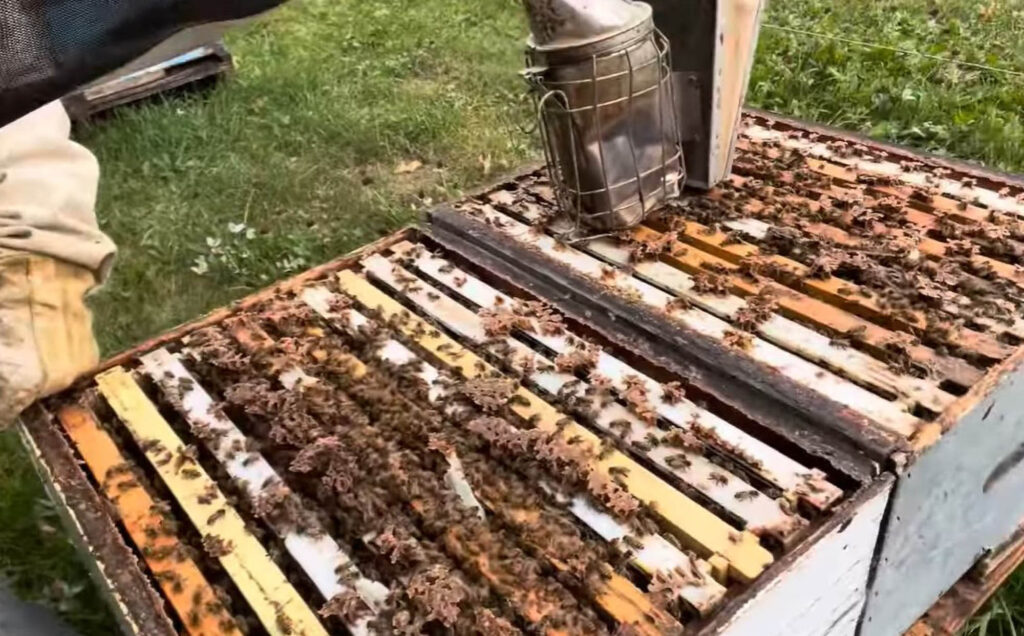
Prof Neumann claimed: “All honeybee colonies in Switzerland are chronically ill. And if beekeepers fail to react, they will be dead within one to two years. Full stop.”
The scientist from Bern University’s Department of Clinical Research and Veterinary Public Health explained: “They are infested with Varroa and the figures are astronomically high.”
Referring to a recent debate in Swiss politics, Prof Neumann underlined he would welcome any measure in this concern.
He warned: “Honeybee colony loss statistics are way too high and their health is worrisome. Solitary bee figures are in decline as well in Switzerland. Something has to be done as far as they are regarded as well.”
While domesticated honeybees kept in hives live in colonies consisting of up to 50,000 insects, solitary bees build their nests in cavities in the soil, in deadwood and in buildings. Honeybees produce honey and beeswax. Solitary bees help to stabilise ecosystems by pollinating flowers and plants.
More than 17,000 of Switzerland’s 8.6 million residents engage in beekeeping.
Prof Neumann said invasive species such as the Varroa mite but also climate change, pollution, pesticides and habitat loss were the driving forces behind the loss of bee colonies.
He emphasised: “We need to invest in the search of a long-term solution.”
The Berlin-born scientist from Bern University claimed: “I’m convinced that there’s a drug-free solution to the Varroa issue.”
Asked by the Tagblatt to elaborate on potential ways to all-round bee health, Prof Neumann admitted: “The honest response is that we don’t know. The answer lies within the bees.”

